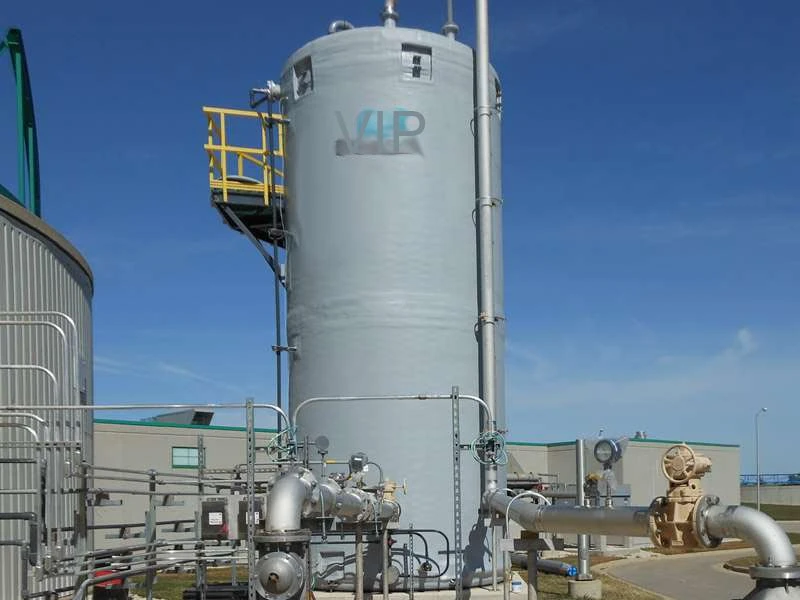
-
 Afrikaans
Afrikaans -
 Albanian
Albanian -
 Amharic
Amharic -
 Arabic
Arabic -
 Armenian
Armenian -
 Azerbaijani
Azerbaijani -
 Basque
Basque -
 Belarusian
Belarusian -
 Bengali
Bengali -
 Bosnian
Bosnian -
 Bulgarian
Bulgarian -
 Catalan
Catalan -
 Cebuano
Cebuano -
 China
China -
 China (Taiwan)
China (Taiwan) -
 Corsican
Corsican -
 Croatian
Croatian -
 Czech
Czech -
 Danish
Danish -
 Dutch
Dutch -
 English
English -
 Esperanto
Esperanto -
 Estonian
Estonian -
 Finnish
Finnish -
 French
French -
 Frisian
Frisian -
 Galician
Galician -
 Georgian
Georgian -
 German
German -
 Greek
Greek -
 Gujarati
Gujarati -
 Haitian Creole
Haitian Creole -
 hausa
hausa -
 hawaiian
hawaiian -
 Hebrew
Hebrew -
 Hindi
Hindi -
 Miao
Miao -
 Hungarian
Hungarian -
 Icelandic
Icelandic -
 igbo
igbo -
 Indonesian
Indonesian -
 irish
irish -
 Italian
Italian -
 Japanese
Japanese -
 Javanese
Javanese -
 Kannada
Kannada -
 kazakh
kazakh -
 Khmer
Khmer -
 Rwandese
Rwandese -
 Korean
Korean -
 Kurdish
Kurdish -
 Kyrgyz
Kyrgyz -
 Lao
Lao -
 Latin
Latin -
 Latvian
Latvian -
 Lithuanian
Lithuanian -
 Luxembourgish
Luxembourgish -
 Macedonian
Macedonian -
 Malgashi
Malgashi -
 Malay
Malay -
 Malayalam
Malayalam -
 Maltese
Maltese -
 Maori
Maori -
 Marathi
Marathi -
 Mongolian
Mongolian -
 Myanmar
Myanmar -
 Nepali
Nepali -
 Norwegian
Norwegian -
 Norwegian
Norwegian -
 Occitan
Occitan -
 Pashto
Pashto -
 Persian
Persian -
 Polish
Polish -
 Portuguese
Portuguese -
 Punjabi
Punjabi -
 Romanian
Romanian -
 Russian
Russian -
 Samoan
Samoan -
 Scottish Gaelic
Scottish Gaelic -
 Serbian
Serbian -
 Sesotho
Sesotho -
 Shona
Shona -
 Sindhi
Sindhi -
 Sinhala
Sinhala -
 Slovak
Slovak -
 Slovenian
Slovenian -
 Somali
Somali -
 Spanish
Spanish -
 Sundanese
Sundanese -
 Swahili
Swahili -
 Swedish
Swedish -
 Tagalog
Tagalog -
 Tajik
Tajik -
 Tamil
Tamil -
 Tatar
Tatar -
 Telugu
Telugu -
 Thai
Thai -
 Turkish
Turkish -
 Turkmen
Turkmen -
 Ukrainian
Ukrainian -
 Urdu
Urdu -
 Uighur
Uighur -
 Uzbek
Uzbek -
 Vietnamese
Vietnamese -
 Welsh
Welsh -
 Bantu
Bantu -
 Yiddish
Yiddish -
 Yoruba
Yoruba -
 Zulu
Zulu
Understanding the Benefits of Fiberglass Reinforced Pipes in Industrial Applications
Understanding Fiberglass Reinforced Pipe (FRP) A Comprehensive Overview
Fiberglass Reinforced Pipe (FRP) has emerged as a popular choice in various industries due to its unique properties and benefits. This innovative material combines the strength of fiberglass with the versatility of plastic, creating a composite that is both lightweight and highly durable. As industries seek more efficient and sustainable solutions for piping systems, FRP stands out due to its numerous advantages.
The Composition of FRP
FRP is primarily made up of two components the resin matrix and the fiberglass reinforcement. The resin, which usually consists of thermosetting materials like polyester, vinyl ester, or epoxy, provides the basis for the pipe structure. The fiberglass reinforcement, made from strands of glass, enhances the pipe's strength and stiffness. The combination of these materials results in a pipe that is not only strong but also resistant to various environmental factors.
Advantages of FRP
1. Corrosion Resistance One of the most significant benefits of FRP is its exceptional resistance to corrosion. Unlike traditional metal pipes, which can deteriorate over time due to exposure to chemicals and moisture, FRP pipes maintain their integrity and performance over time. This property makes FRP an ideal choice for industries that deal with aggressive chemicals, such as sewage treatment, chemical processing, and oil and gas.
2. Lightweight FRP pipes are considerably lighter than their metal counterparts, making them easier to transport, handle, and install. This lightweight nature can lead to reduced labor costs and a decrease in the overall carbon footprint associated with transportation and installation.
3. Strength-to-Weight Ratio FRP pipes possess a remarkable strength-to-weight ratio, providing significant structural integrity without the added weight. This advantage is crucial in applications that require high pressure resistance while minimizing the load on supporting structures.
4. Longevity The durability of FRP pipes contributes to their extended service life. With resistance to wear, corrosion, and UV degradation, these pipes can last significantly longer than traditional materials, lowering replacement and maintenance costs over time.
fiberglass reinforced pipe

5. Thermal Insulation FRP has excellent thermal insulation properties, which can be particularly beneficial in applications where temperature control is necessary. This advantage helps retain heat in hot water systems and keeps cool water systems insulated from external temperatures.
Applications of FRP
FRP has a broad range of applications across various sectors. In the oil and gas industry, FRP pipes are utilized for transporting corrosive substances, offering enhanced resistance to harsh conditions. In the water treatment sector, FRP provides a reliable solution for transporting water and wastewater without fear of corrosion or contamination.
Additionally, FRP finds applications in construction, where its lightweight and durable nature make it an excellent choice for cladding, roofing, and structural components. Furthermore, it is increasingly being used in hydrocarbon processing, chemical storage, and the food and beverage industry, where hygiene and resistance to corrosion are paramount.
Challenges and Considerations
While FRP has many advantages, it is essential to consider some challenges associated with its use. For instance, the initial cost of FRP can be higher than that of traditional piping materials. However, this is often offset by the long-term savings in maintenance and replacement costs.
Moreover, the installation of FRP requires specialized skills and knowledge to ensure proper handling and connection methods, which could add to initial project timelines and budgets. Proper training for workers and engineers is necessary to maximize the benefits of FRP systems.
Conclusion
Fiberglass Reinforced Pipe is a remarkable solution that offers significant benefits over traditional piping materials. Its corrosion resistance, lightweight nature, strength-to-weight ratio, and thermal insulation properties make it a versatile option for various industries. Although it comes with some challenges, the long-term advantages often outweigh these concerns, making FRP an attractive choice for companies looking to innovate and improve their piping systems. As industries continue to prioritize efficiency and sustainability, the utilization of FRP will likely grow, cementing its place as a critical material in modern engineering and construction.









